Martina Topley-Bird interview – “What I wanted to do is reclaim my entire history”
We catch up with the former Tricky muse on her latest moves
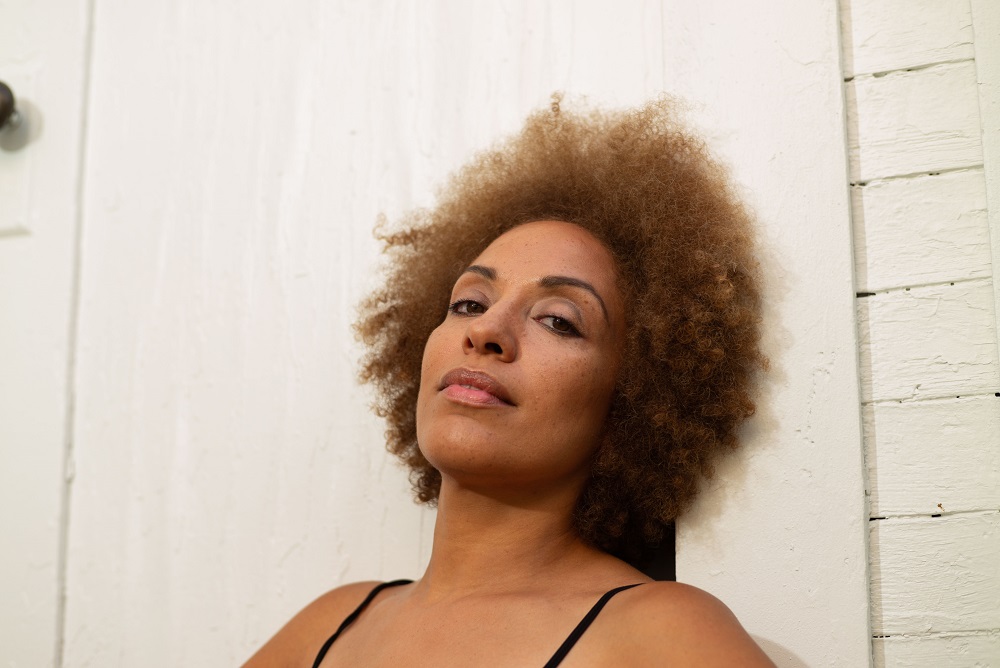
It’s been a while since Martina Topley-Bird last spoke to journalists – almost a decade, in fact – and she’s feeling a little nervous ahead of today’s chat with Juno Daily. “You’ve caught me before I’m silky, polished and have trained my interview technique,” she says over Zoom from her home outside Valencia. “I don’t find it, like…easy. I don’t really mind talking about it [her music], but sometimes there are questions where I think, ‘Why did I do that?’ When people start asking about projects from before then it can be difficult to remember, and when I do I remember them differently from people. Like, someone will tell me an album’s sound is dense and I’ll think, ‘Really? Okay’.”
To be fair to Topley-Bird, a lot of time has passed since she first burst through as Tricky’s muse on Maxinquaye, his ground-breaking 1995 solo debut. Her contributions to that set – improvised, stylish, unusual and undeniably off-kilter – helped elevate an already accomplished album to something genuinely ground-breaking and iconic. All these years on, it remains a remarkable sonic statement.
“If I put things in terms of my own personal progression, I feel like I didn’t grow up being educated to be a musician, and I wasn’t on that kind of trajectory when I was at school,” she says. “When I did it, after meeting Tricky and going into his home studio, I found I had some ability to sing, but everything else about that experience was psychologically challenging.”
Topley-Bird’s relationship with Tricky was personal as well as professional, and during a brief period in the mid 1990s artistically intense. She contributed heavily to his subsequent solo albums, 1996’s Nearly God and Pre-Millennium Tension – both paranoid, thickset and grungy sets that offered a gritty, admirably experimental flipside to the ‘cool Britannia’ giddiness of Britpop and the gaudy excesses of late ‘90s dance music culture – before the pair’s relationship broke down and she decided to pursue a solo career.
When she did finally release her debut solo album, Quixotic, in 2003, Topley-Bird found she still had the Midas touch, producing a surprisingly eclectic set that won plaudits from critics and earned a Mercury Prize nomination. Yet behind this success lay a chaotic production process and an initial feeling of fumbling in the dark.
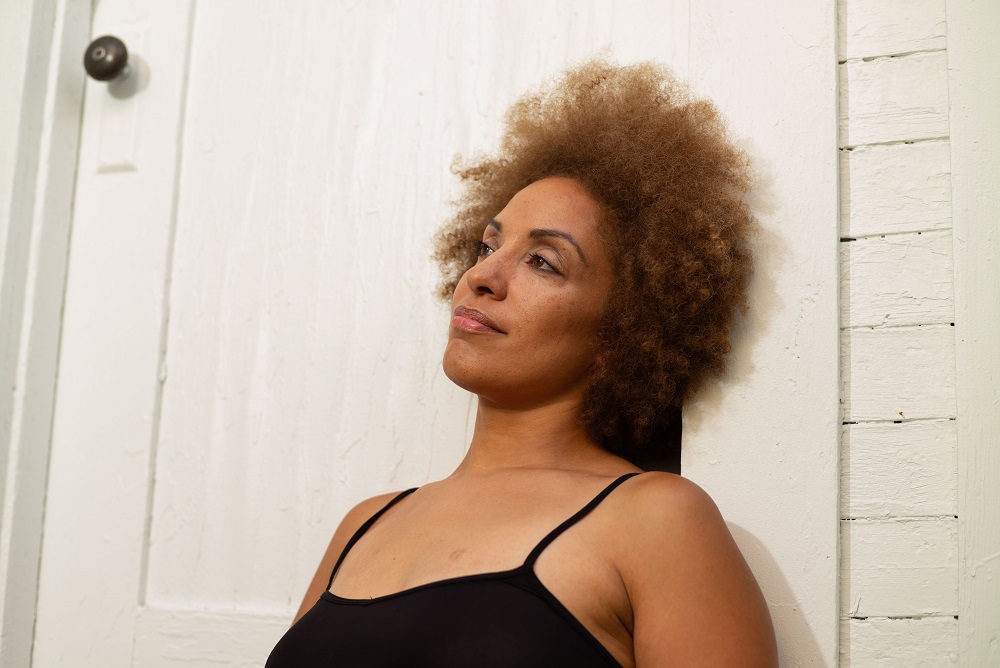
“The A&R people at the label I was signed to (Independiente) were like, ‘do whatever you want, be free’,” she remembers. “I had very little guidance. So rather than label influence, I was making my own decisions. I worked with a lot of different producers and tried a lot of different sounds. It felt like it took six months just to mix it, because there was so much going on. It took a long time and beautiful things came out of it, but after that I said to myself, ‘for the next record I’m just going to work with one producer’.”
Topley-Bird subsequently hired Danger Mouse to produce her 2008 follow-up, The Blue God, a lighter and airier set that made much more use of classic soul, rock and pop instrumentation.
Two years later, she went one step further with the decidedly minimalistic Some Place Simple, a collection of old and new songs presented with stripped-back musical backing.
Then, for a variety of reasons, Topley-Bird all but vanished from view, with only occasional singles and guest appearances offering listeners a glimpse of her remarkable talents.
“I got to a point where what I’d been doing wasn’t working,” she says candidly. “I was just coming up with stuff that I didn’t want to develop and it kind of went nowhere. So I thought, ‘Okay, now I need to go backwards or forwards, decide on a concept and settle on what the components and elements of that will be’.” She pauses for what seems like an eternity before adding: “That’s sort of progress I suppose.”
The result of that “progress” is her new album, Forever I Wait, and the brief flurry of promotional activity she’s currently engaged in. “The last interview I did, the journalist said: ‘There are a lot of synthesizers on the album’, I thought, ‘Yeah, aren’t my other albums like that?’,” she says. “Actually, the journalist was right – none of my other albums are like that and using gritty synthesizers on this album just sort of happened.”
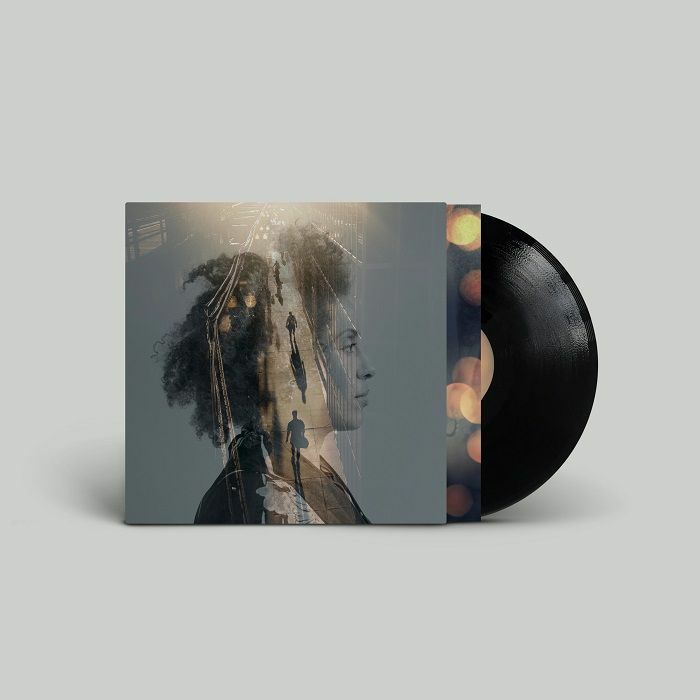
Forever I Wait could well be Topley-Bird’s strongest and most coherent album to date. Factor in how long it took to conceive and the elongated production process (although largely recorded between 2015 and 2018, it was only completed earlier this year), and you can only marvel at the results.
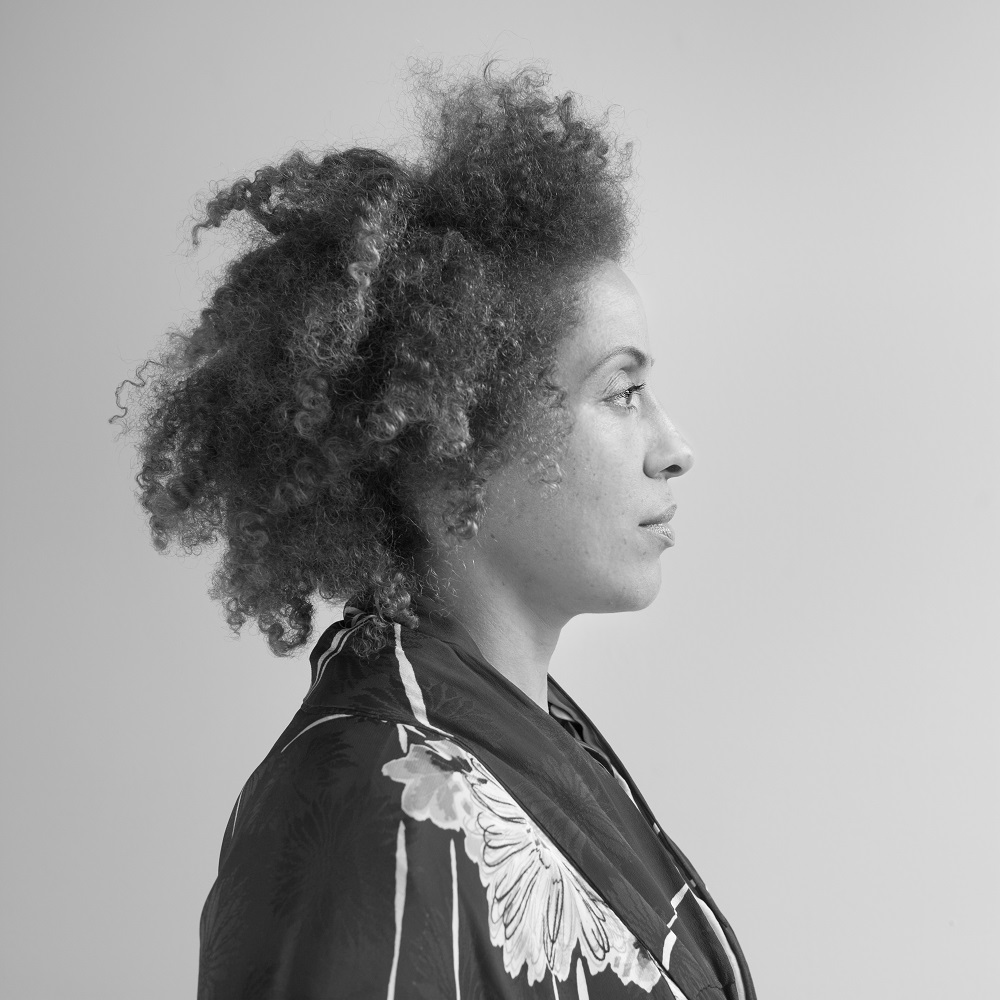
“Thank you,” Topley-Bird responds when Juno Daily offers its assessment of the album. “I think I now know how to make things work better together, and I deliberately didn’t work with a lot of elements. The producers I chose to work with, I did so because I thought I knew what they would come up with, and if that didn’t work, I had Benny [Benjamin Boeldt], who I knew could make it work.”
Although Topley-Bird is credited as the producer of Forever I Wait – a role she’s keen to define as “a courtesy of choice role”, in line with a traditional producer rather than an always hands-on one – Boedlt undeniably played a key role in the album’s creation, alongside a number of other producers and beat-makers whose sounds can be heard across the set’s 12 tracks (Massive Attack’s Robert Del Naja, Richard Morel, Depeche Mode collaborator Christopher Berg and California-based Tradiad all contributed).
“Benny was like the glue that held the project together,” Topley-Bird enthuses. “He worked with me on tracks I’d started myself, beefed up things I really loved but weren’t hitting hard enough in the low-end, and added really fascinating things to arrangements. He was able to take direction in that he made tracks that were nothing like his own music, but with pinpointed reference points. I think that’s the way for me to work.”
It was not always this easy, though. Topley-Bird admits that she has enjoyed mixed relations with some producers she’s worked with and in the past sometimes struggled to take on board constructive criticism from those she worked with. “I had to get over the idea that my ideas were precious and needed respecting and protecting,” she says candidly. “I realised that ideas were just that, but they were my ideas and that’s what we were doing – it’s about the ideas, not me and my feelings. If an idea works for the record I’m making, it stays, if it doesn’t, it doesn’t. A ‘yes’ or ‘no’ is better than, ‘I don’t know’, ‘maybe’, or just being too uncomfortable to tell you what I really think.”
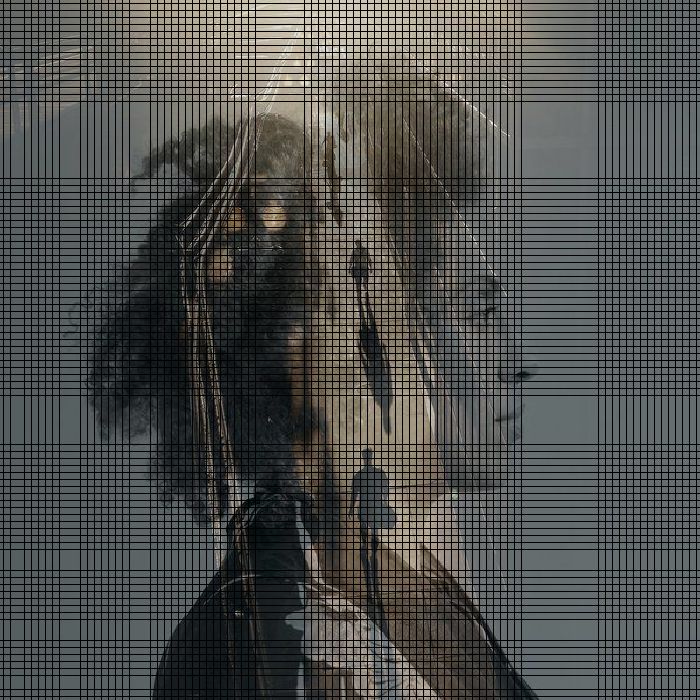
At several times during our conversation, Topley-Bird refers to having a specific vision for the album. While she doesn’t elaborate on that, Forever I Wait – and the Pure Heart EP that precedes it – certainly sound like a coherent musical statement. The LP starts with a blast of murky, guitar-laden Bristol soul that wouldn’t have sounded out of place on Massive Attack’s Mezzanine and ends with the string-drenched poignance of ‘Rain’; in between, you’ll find a mixture of stirring soundscapes, thickset trip-hop, gritty grooves, bustling electro-pop, dubbed-out heaviness and lo-fi headiness. Throughout, the album is held together by her trademark voice, thought-provoking lyrics (all of which were written before the tragic death of her and Tricky’s daughter two years ago) and a distinctive aural atmosphere that recalls her musical roots in the Bristol scene of the 1990s.
“What I wanted to do is reclaim my entire history and make a coherent body of work that was an actual piece of art,” Topley-Bird asserts. “A real artistic statement, with an emotional arc and a beginning, a middle and an end. That’s in contrast to other things I’ve done in the past, which had beautiful and rather wonderful things within them, but had something about them that felt like exercises. That’s a terrible word to use because it sounds kind of reductive, like there wasn’t emotion and creativity that went into them, but I think it’s accurate.”
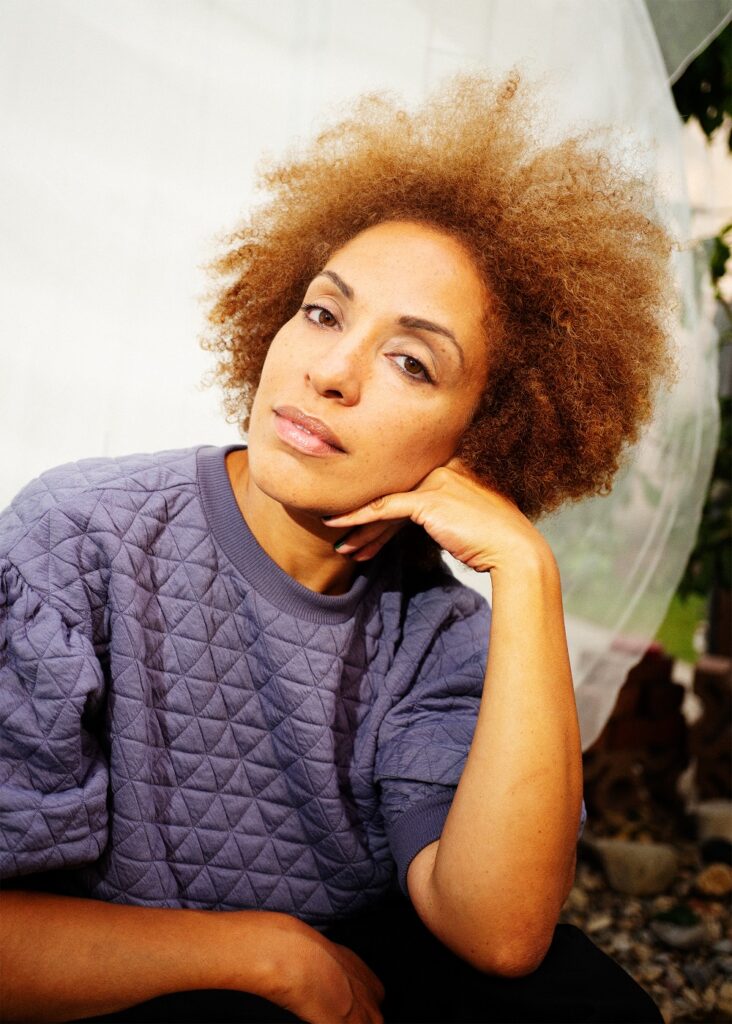
The idea of reclaiming her history, and specifically embracing the role she played in the darker and murkier end of the Bristol sound, is something she returns to a few times while talking about the album. “Sonically, claiming my history was important, because when I started making solo records, I was being reactive,” she admits. “It was like, ‘I’m not going to do everything I just did’. When you’re younger, you try things out. With a bit of distance, it’s easier to realise what’s yours.”
Topley-Bird admits that she’s not been back to Bristol for many years, but she now understands how much the city shaped her personal and musical DNA. “It’s still part of me and I do claim that Bristol sound as mine as well,” she muses. “I know why things from Bristol sound the way they do and that represents me. Growing up as a mixed-race person, it was much easier in Bristol than anywhere else in England because it’s very mixed, socio-economically as well as racially. That’s why there’s reggae, soul, hip-hop and punk all mixed together. The people I make music with, it’s part of their DNA and it’s part of mine as well.”
With that, our time is almost up. So how has the interview-shy Topley-Bird found our encounter. “I really enjoyed it actually,” she chuckles. “I haven’t been to England in ages and even talking to English people is a rarity for me. It’s been good.”
Words: Matt Anniss